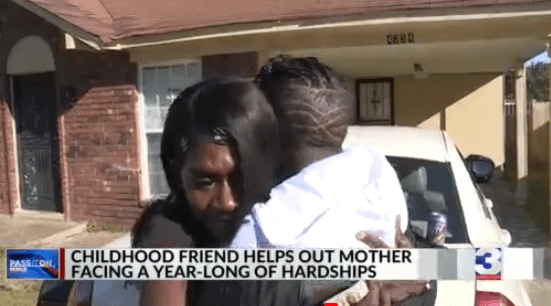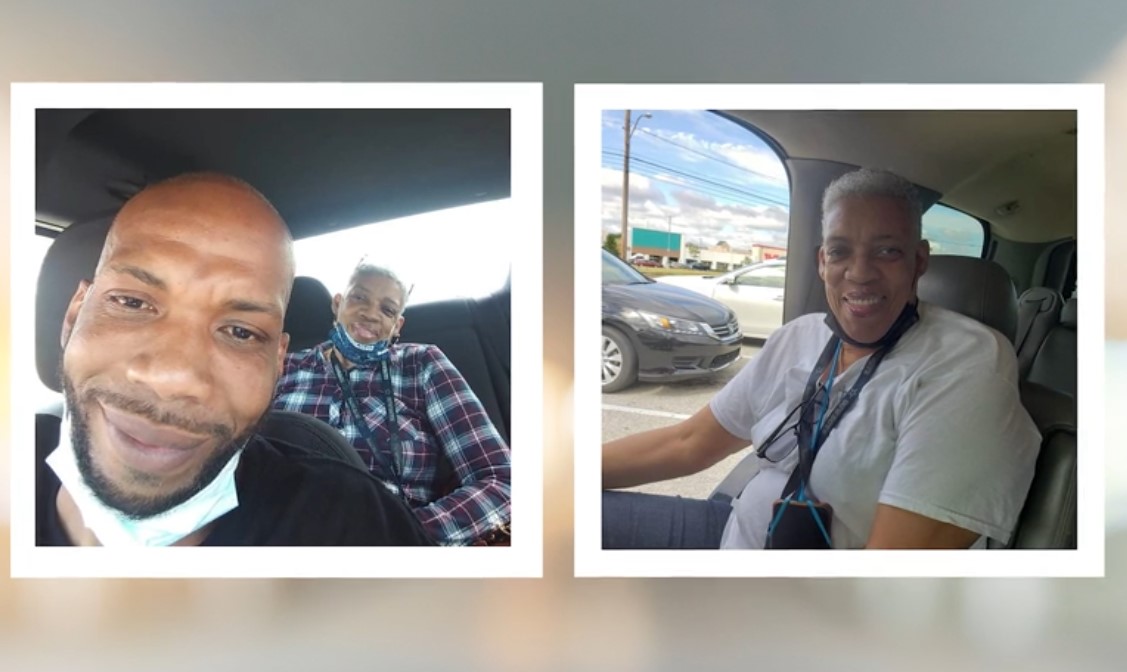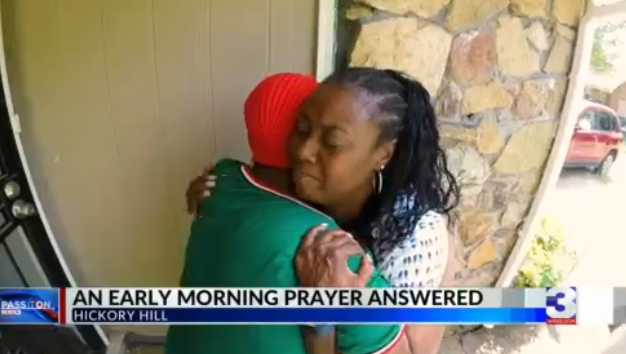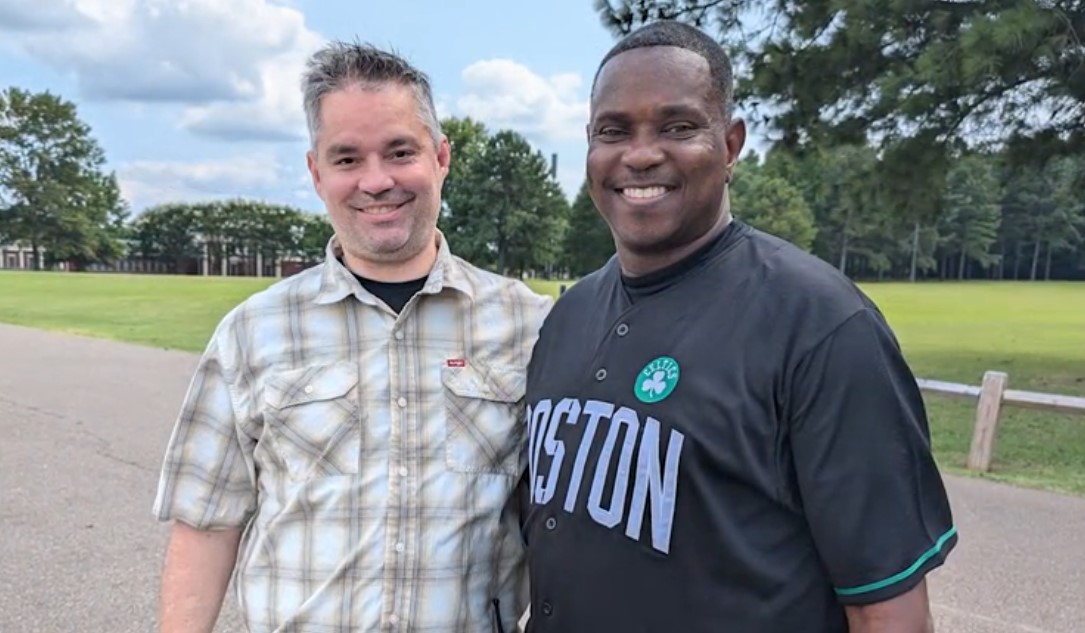MEMPHIS, Tenn.– Memphis is a looking at the part of the nation’s new tax plan that could help some of our distressed communities.
There’s a portion of the $1.5 trillion tax cut creating “opportunity zones” which would use tax incentives to draw long term investment to parts of America living in poverty and suffering from slow job and business growth.
The goal is to revitalize areas across America.
Shelby County Mayor Mark Luttrell spoke on the possibility Wednesday.
“It could be one of the brighter spots of this tax reform bill that Congress just passed because it focuses on distressed communities in distressed areas,” said Luttrell.
It’s not just Luttrell excited, the office of Memphis Mayor Jim Strickland, who was out of town Wednesday, released a statement.
“He heard a presentation this last week at a conference of mayors from Senators Cory Booker and Tim Scott. He came away eager to pursue this for Memphis, and the team is currently working on this. We will share more details as they become available.”
One of those working is EDGE, Economic Development Officer for Memphis and Shelby County, President and CEO Reid Dulberger.
“An opportunity zone will be a designated low income census track and people investing their capitol gains into those communities will get some federal tax breaks which should make it more appealing to them,” he explained.
He says in the last decade there have been few new programs from the federal government to help in areas like this.
Dulberger says Shelby County is already organizing.
“The first step in the process is that by March 21st Governor Haslam will have to designate those census track that qualify and not every low income census track will make the cut.”
Communities like Whitehaven, New Chicago and Binghampton are some of the areas seeing some growth and revitalization.
“We’re looking at a wide variety of data in terms of what has happened in these communities what the city and county are looking to happen in these communities and recognizing that not everyone will make the list.”
He said the Governor is limited to picking a quarter of qualified census tracks.
The U.S. Treasury still needs to develop policies and rules on the program.























